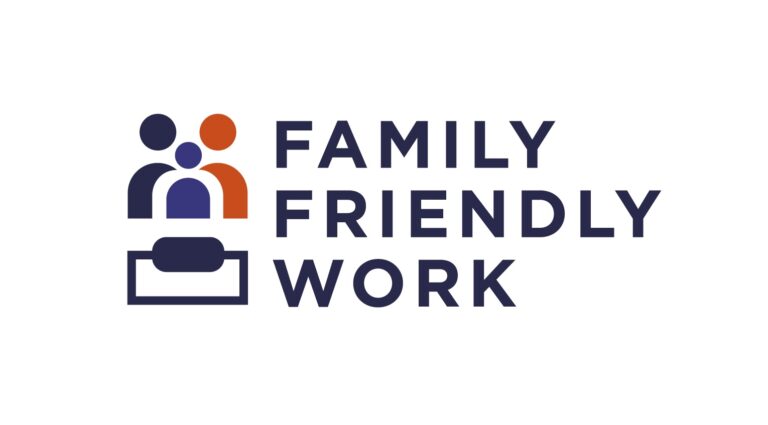A majority of Utah parents with children under the age of 12 work full-time and believe there are a number of policies employers could offer that would support them in getting closer to their ideal balance between paid work and childcare. For employers wanting to support their employees, this article derived from a report from the Kem C. Gardner Policy Institute provides insight into supportive policies that attract working parents.
Did you know that only 59% of Utah parents say they are satisfied with their current work and child care situations? These survey results suggest there are several supportive policies employers could enact to recruit, support and retain working parents in Utah’s competitive labor market.
Unsurprisingly, working parents rated increased wages most highly in their importance to achieving their ideal work and child care arrangement. Because working takes parents away from time spent with their children, many rely on income to cover the cost of child care.
However, when selecting the policy that would be most influential in choosing to change their job, employer or industry, increased pay ranked last. What is more influential to those parents is more remote work options, more flexibility in schedule, more part-time opportunities, greater assistance with child care subsidies and onsite child care:
This ranking suggests that while increased pay would be one of the most important factors in achieving an ideal job, other work/life balance policies are more important if considering the trade-offs relative to what they like about their current situation.
Understanding this data is particularly important for employers competing for high-quality employees because it means that there are affordable ways to attract working parents. For example, 33% of respondents stated that more remote work opportunities would be most likely to influence them to change their employer. 25% of respondents stated that more part-time opportunities would do the same.
When it comes to supportive workplace policies, wages and salary are important, but not the whole story. If employers can keep family-friendly culture in mind during the hiring process, they can attract more high-quality parents to the workforce.
For more information on family-friendly policies, visit the Utah Community Builders website.


